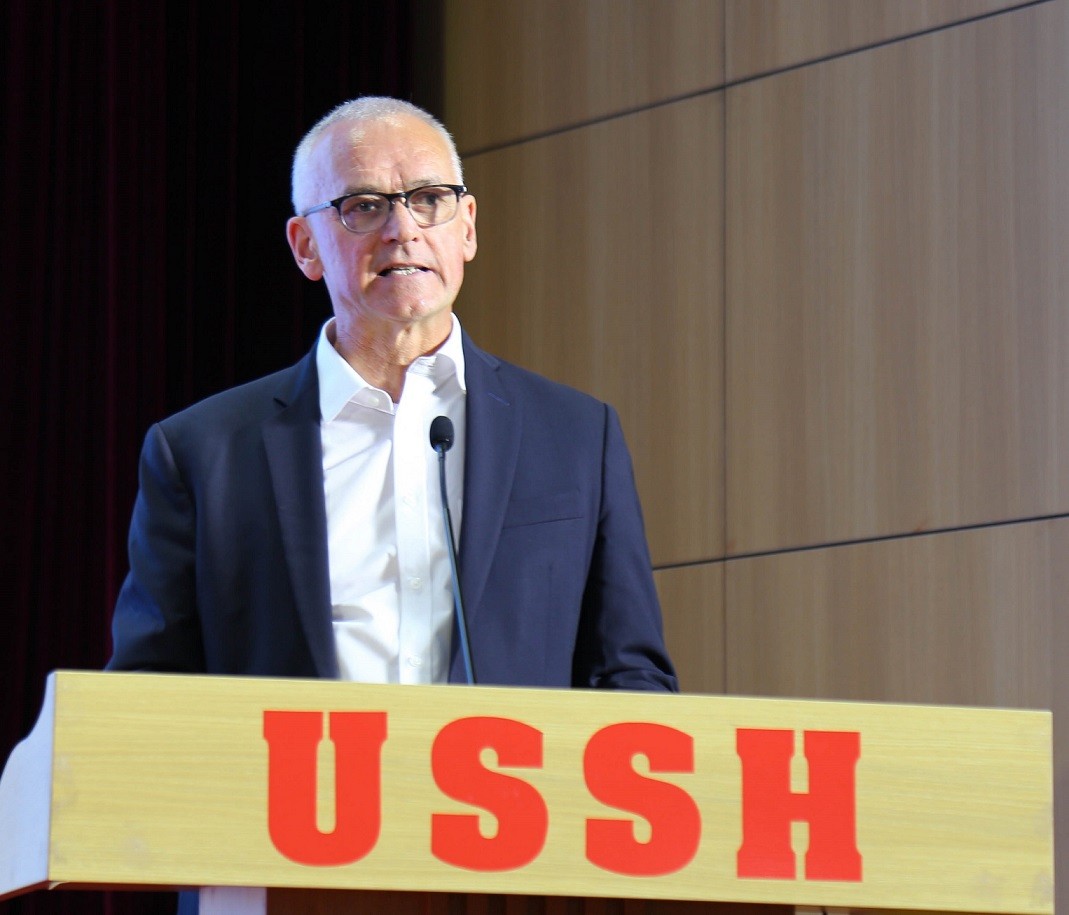 |
| Professor, Dr. Alan Barrett. (Source: USSH Media) |
During his recent business trip to Vietnam, the Executive Director of the Economic and Social Research Institute of Ireland (ESRI), Professor Alan Barrett (*) gave an exclusive interview to The Gioi & Viet Nam Newspaper . He gave his comments on the Vietnamese economy and shared Ireland's economic development experience during the economic transition over the past 50 years.
Hello Professor Alan Barrett. First of all, thank you for taking the time to answer the World & Vietnam Newspaper's interview. It is known that this is your first business trip to Vietnam. What are your feelings about Vietnam?
Yes, this is my first time in Vietnam and it was great to discuss with colleagues how the Vietnamese economy has grown and developed in recent years.
During his visit to Vietnam, the Professor had a talk with students of Hanoi National University on the topic “Sharing Ireland’s economic development experience with Vietnam”. Why did you choose this topic at the present time?
Ireland has undergone an economic transformation over the past 50 years. Our country has gone from being one of the poorest economies in Europe to one of the wealthier ones. Much of this transformation has involved a reorientation of economic policy.
Accordingly, inward-looking protectionist policies were replaced by policies that emphasized attracting foreign investment and export-led growth. Ireland’s growth model tends to attract international attention and is clearly similar to Vietnam today.
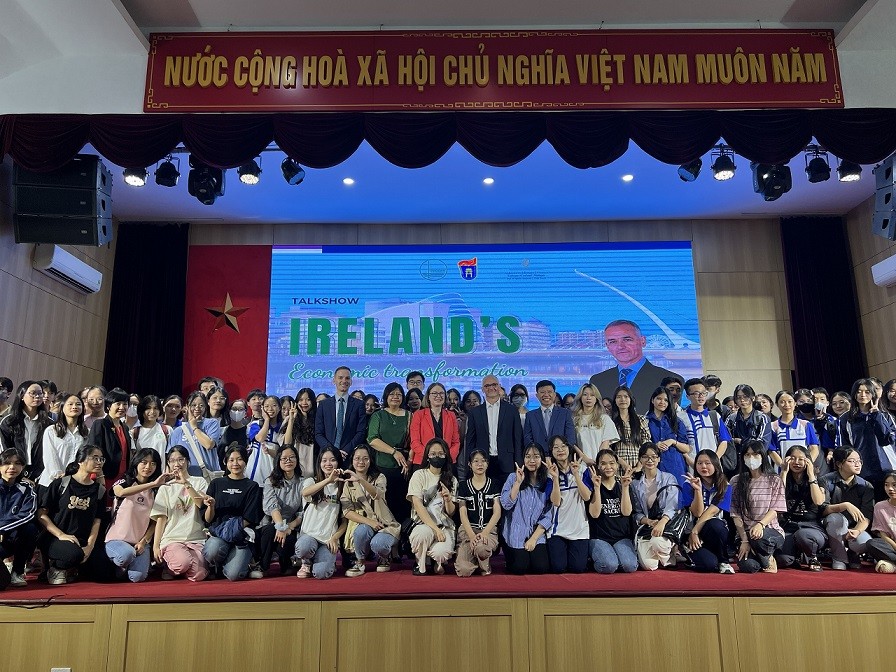 |
| Professor, Dr. Alan Barrett in a talk with students of Hanoi National University, October 2023. (Source: USSH Media) |
Since Doi Moi (1986), Vietnam's economy has developed strongly with remarkable achievements in hunger eradication and poverty reduction, food export and key products such as textiles, footwear, agricultural and aquatic products, etc., or attracting foreign direct investment (FDI). As a leading economic expert of Ireland, what is your assessment of Vietnam's development process? According to you, what are the strengths and challenges facing Vietnam's socio-economy today?
I can’t claim to be an expert on Vietnam, but having looked at the economy before my visit, it was clear to me that Vietnam had made great strides. And as your question suggests, Vietnam had made good use of the areas where it had a comparative advantage.
However, looking ahead, Vietnam will have to face the same challenges that all other countries face, such as maintaining and improving economic growth, as well as dealing with the link between economic growth and increasing greenhouse gas emissions.
As you mentioned above, Ireland has developed remarkably over the past few decades, moving from a small, agricultural-based economy to a modern and open service-based economy, with remarkable achievements in attracting FDI. According to the Professor, what similarities does this situation have in Ireland with Vietnam? And what can our country learn from Ireland's successful experience?
Perhaps the most important lessons relate to the later stages of attracting foreign direct investment. For many countries, the initial wave of FDI was based on low labor costs and the nature of work with relatively low skill requirements.
Of course, this is a positive thing compared to the unemployment situation of workers. However, over time, the ambition will increase. That is, FDI needs to bring more high-quality, high-knowledge jobs.
This is certainly necessary to satisfy the many bright Vietnamese students I met in Hanoi during my work trip. But Vietnam may also need to think about raising educational attainment more generally – as Ireland has done – to attract skills-based FDI.
Today, Ireland is a destination for high-quality higher education, a center for technological innovation and a leader in pharmaceuticals. These are also areas that Vietnam is currently focusing on developing. According to the Professor, what are the points of Ireland's successful experience that are suitable for Vietnam? What solutions should Vietnam have to overcome its limitations and promote its strengths?
As I mentioned above, innovation in many areas requires a high level of education among the population. The second point, more specific to pharmaceuticals, concerns the regulatory environment.
Ireland has benefited from its membership of the European Union (EU) as pharmaceutical licensing is carried out at the EU level. Pharmaceutical companies need certainty around licensing and other regulatory aspects of their industry, so having strong and respected institutions is key.
Can you share the goals and results of this first business trip to Vietnam?
My hope during the visit was to learn about Vietnam from fellow economists and others, and to impart some lessons from Ireland's economic story - both its successes and failures.
I think the objective of my visit is very much in line with one of the key objectives of the Irish Embassy in Vietnam - to increase interaction and greater mutual understanding between Ireland and Vietnam.
Thank you Professor, Dr. Alan Barrett!
(*) Professor, Dr. Alan Barrett is currently the Executive Director of the Economic and Social Research Institute of Ireland (ESRI), Ireland's leading center for policy-oriented social science research. He is a frequent media interviewee on economic issues and has been quoted in newspapers such as The New York Times, The Wall Street Journal and The Economist.
Source




![[Photo] President Luong Cuong receives US Secretary of War Pete Hegseth](https://vphoto.vietnam.vn/thumb/1200x675/vietnam/resource/IMAGE/2025/11/02/1762089839868_ndo_br_1-jpg.webp)

![[Photo] Lam Dong: Images of damage after a suspected lake burst in Tuy Phong](https://vphoto.vietnam.vn/thumb/1200x675/vietnam/resource/IMAGE/2025/11/02/1762078736805_8e7f5424f473782d2162-5118-jpg.webp)



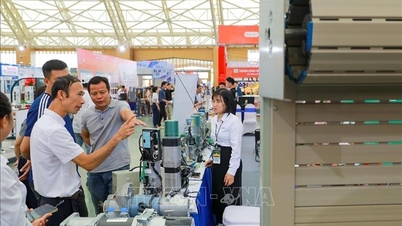




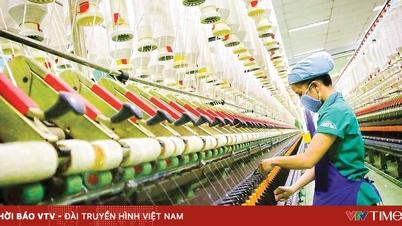
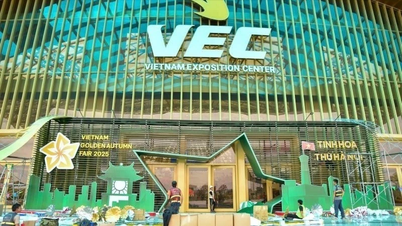



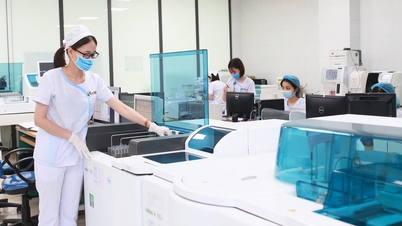



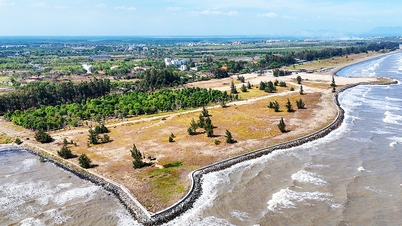

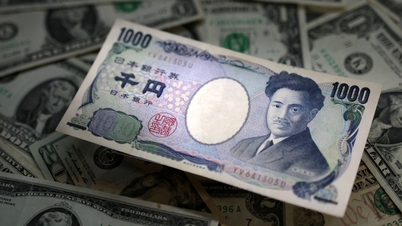




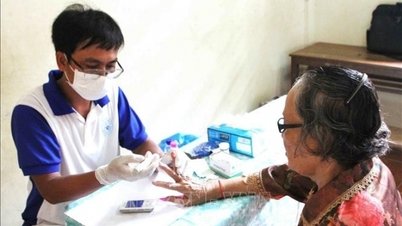
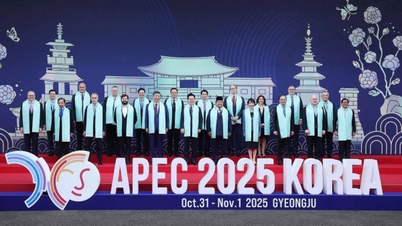
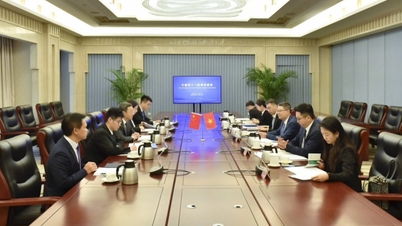
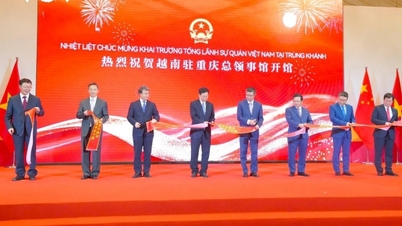
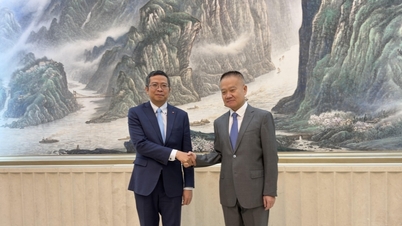
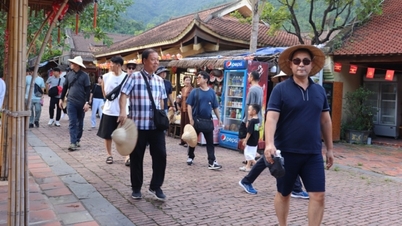

































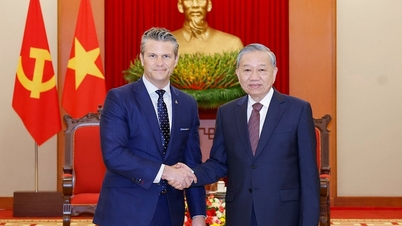



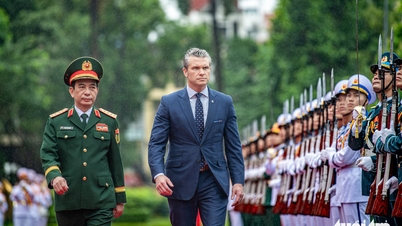
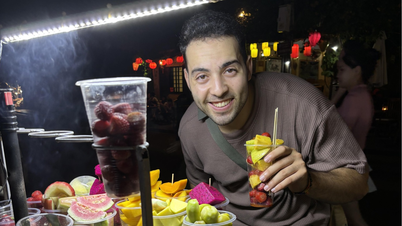

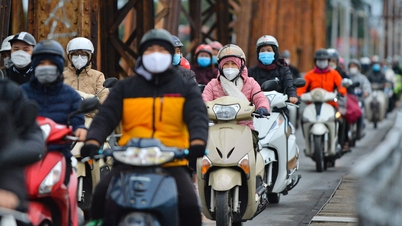





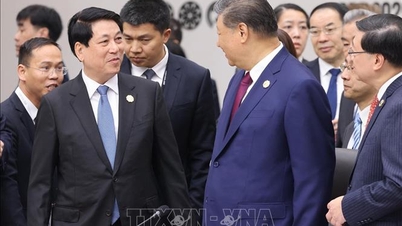

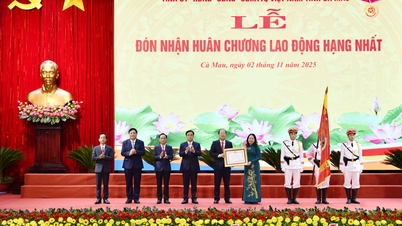

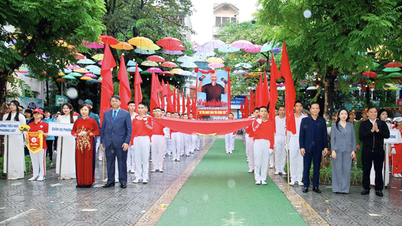
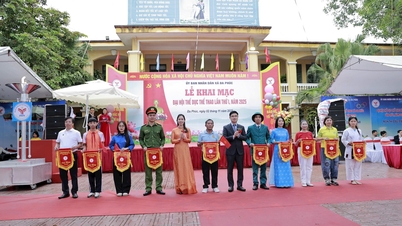
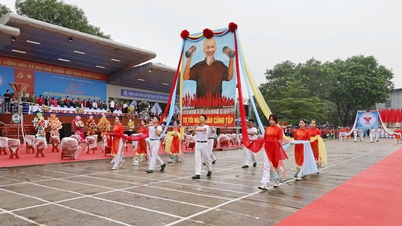


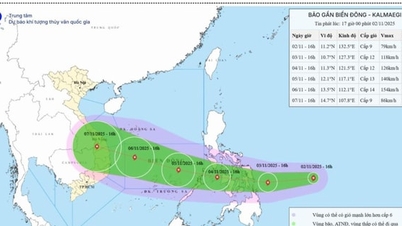












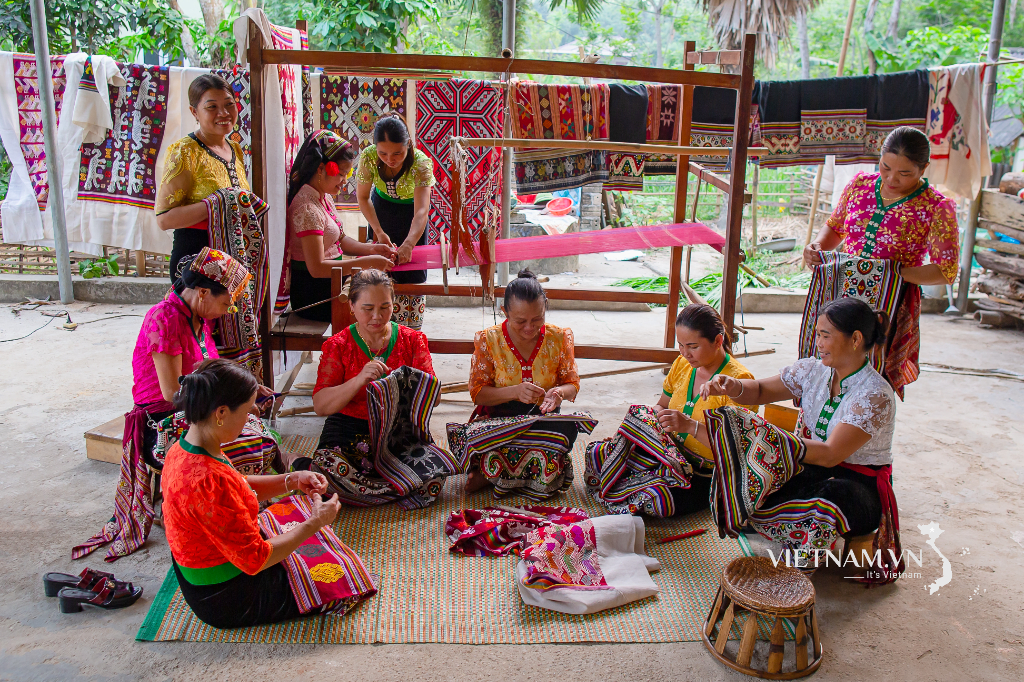


Comment (0)